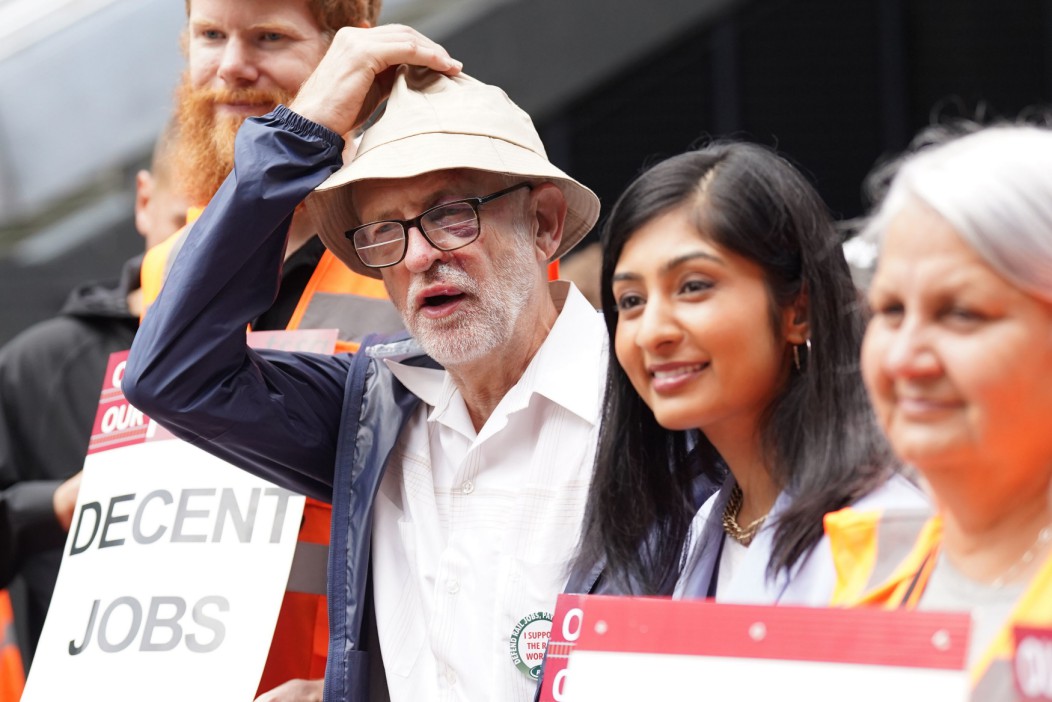
In a transformative political move, Jeremy Corbyn and Zarah Sultana have unveiled a bold initiative aimed at challenging the status quo under Sir Keir Starmer's leadership from the left flank. The launch of a pro-Gaza party signifies a significant shift towards advocating for wealth and power redistribution, resonating with a global call for social justice.
Progressive Vision Amid Naming Ambiguity
The absence of an official name for this socialist endeavour has left many observers puzzled, as the public is encouraged to engage with a provisional moniker of "Your Party." Despite this naming ambiguity, Corbyn and Sultana's joint statement emphasises inclusivity, rejecting divisive narratives that scapegoat migrants and refugees for systemic issues rooted in corporate interests and wealth inequality.
Individual Journeys Towards Collective Movement
While Sultana recently parted ways with the Labour Party, Corbyn's independent stance reflects a broader realignment within the political landscape. Their call for ordinary people to reclaim economic power underscores a departure from traditional party politics towards a more participatory and grassroots-driven approach.
Empowering Supporters in the Founding Process
Amid the unveiling of "Your Party," the leaders have assured supporters of a democratic founding process where members will shape the movement's direction, leadership model, and policy framework. This commitment to inclusivity and collective decision-making marks a notable departure from top-down political structures.
Challenges and Criticisms in the Political Arena
The nascent leftist movement has faced initial turbulence, with Sultana's unexpected Labour departure highlighting underlying tensions. Criticisms from within traditional party ranks, such as Labour MP Josh Fenton-Glynn's remarks, underscore the complexities of navigating ideological shifts within established political frameworks.
Shifting Political Landscapes and Emerging Trends
Against the backdrop of evolving political dynamics, recent polling data revealing the Reform Party's ascendancy under Nigel Farage's leadership signals a broader reconfiguration of voter allegiances. This trend poses both challenges and opportunities for progressive movements seeking to redefine the political discourse.
In conclusion, Corbyn and Sultana's bold step towards establishing a pro-Gaza party reflects a growing global consciousness around social justice and wealth redistribution. While the naming ambiguity may raise questions, the underlying commitment to grassroots participation and transformative change signifies a potential renaissance in progressive politics.






